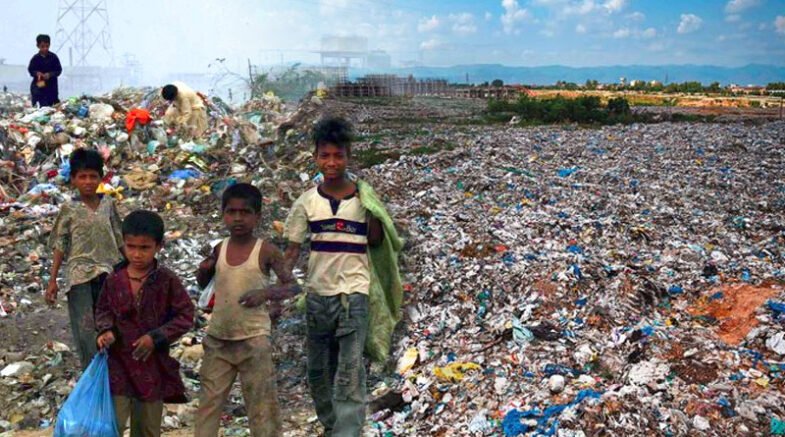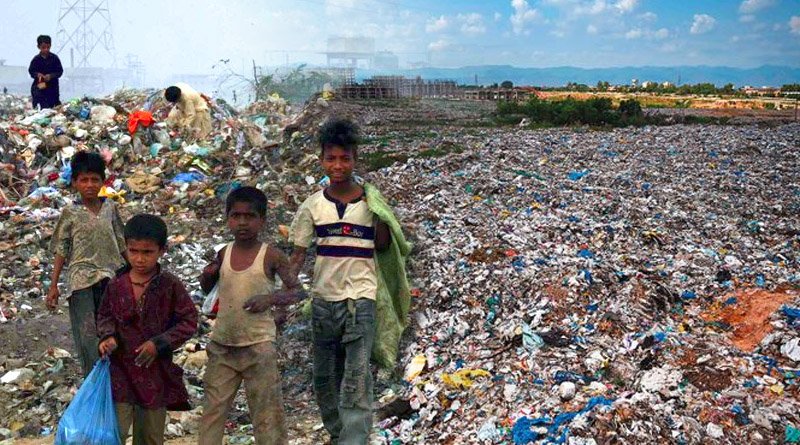“The government must streamline industrial processes to separate various waste types. Unfortunately, we also lack a suitable, sanitary landfill site,” said Babar Abbas.

In urban areas, an integrated solid waste management system is necessary, according to Twitter Space’s experts, who also stressed the importance of technological solutions, stringent regulations, and optimising resource use efficiency.
Babar Abbas, an environmental engineer at the National University of Science and Technology (NUST), Sumaira Gull, the CEO of the Integrated Resource Recovery Center, and Dr. Ejaz Ahmad, a senior programme fellow at the Institute of Urbanism were on the expert panel, according to a news release.
In collaboration with the U.S. Embassy, the Institution of Urbanism (IoU) and the School of Leadership Foundation (SoLF) organised a Twitter space on Thursday to celebrate the first-ever “Zero Waste Day” with the hashtag “Using Waste as Resource for Zero-Waste Cities in Pakistan.”
To support the initiatives, the United Nations Environment Program (UNEP) and the United Nations Human Settlements Program (UN-HABITAT) have designated March 30, 2023, as the first Zero Waste Day.”
By aggravating the triple planetary threat of pollution, biodiversity loss, and climate change, the waste sector in Pakistan is endangering the realisation of the global 2030 Sustainable Development Agenda.
In his opening remarks, Dr. Ahmad stated, “Twitter space is a component of the Green Urban Development project. The project will increase university students’ capacity to use development methods that are environmentally friendly. Additionally, there will be opportunities for students to conduct field research, which will help them develop ideas for eco-enterprise business plans.”
He continued, “The goal of the Twitter space is to draw attention to the necessity of changing from a linear to a circular economy and to exchange knowledge about best practises for scaling up zero-waste solutions. It takes serious effort to use technology for waste segregation and use the separated materials as raw materials and resources for other uses,” according to expert Babar Abbas.
“The government must streamline industrial processes to separate various waste types. Unfortunately, we also lack a suitable, sanitary landfill site,” he added.
“Major waste management issues in Pakistan include a lack of source-segregated waste and low recycling rates, which impede the transition to zero waste and zero emissions and cause an over-extraction of natural resources.”
“Additionally, they prevent Pakistan from using waste as a resource. This slows the transition to a circular economic model from the linear paradigm of production and consumption, ” Babar continued.
Farzana Altaf, the director general of water management at the Capital Development Authority (CDA), Sardar Khan Zimri, the managing director of SoLF, and the Pakistan Environmental Protection Agency’s (Pak EPA) Direction General (DG) Mariyam Irfan also contributed to the conversation of integrated solid waste management system in urban areas during the live session by offering insightful comments on the subject.
